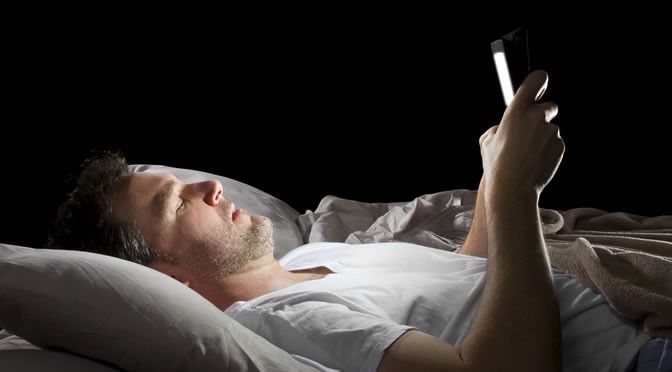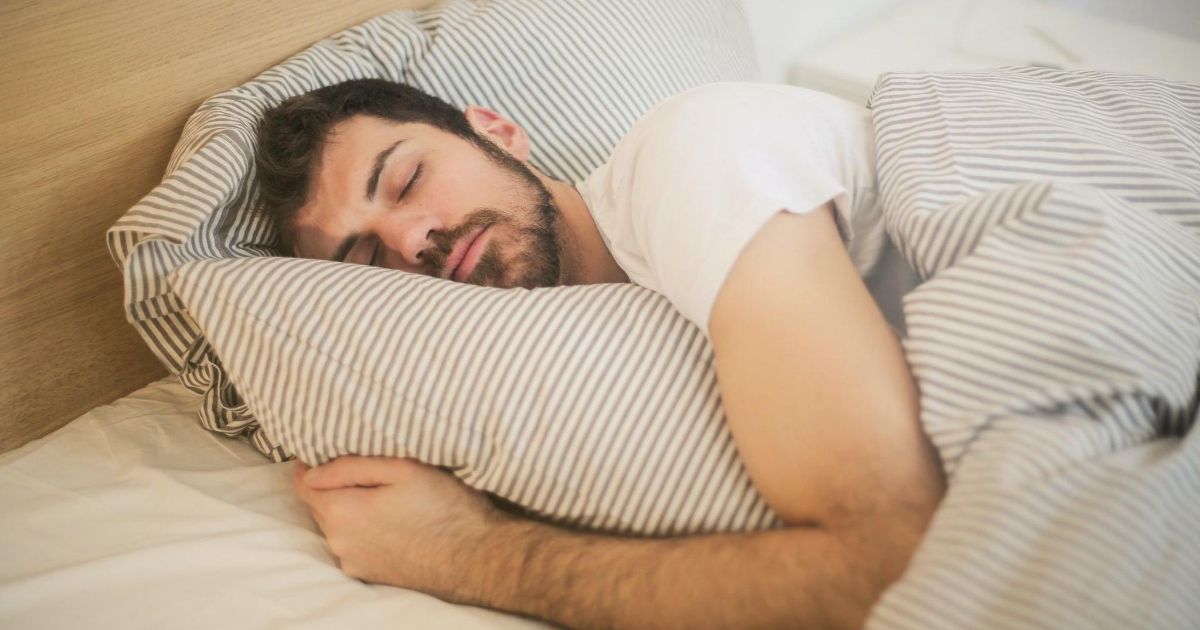Coronavirus and a good sleep rhythm: 4 lifestyle Tips & Tricks
A good sleep and wake rhythm appears to be of great importance for your viral resistance, and thus also when you contract the Coronavirus. It may seem a minor or simple thing, but good quality and deep sleep during the night and being energetic during the day plays a big role in fighting off any virus. This is most likely an important cause why children are so much more resistant to the Coronavirus than adults and especially the elderly. Of course, this does not mean that if you sleep poorly, you suddenly fall into a high risk group if you contract covid-19. But the tips below will certainly help increase your resilience towards it.
1. Go to bed at the same time, wake up at the same time
Your biological clock in your brain is super sensitive to rhythm disturbances. Just think of children when summer or winter time begins, or think of a jet lag of one hour already. Many people mess up their sleep-wake rhythm during the weekend because of parties or sleeping in, making it increasingly difficult for them to fall asleep after a while and wake up fit. Although about 20% of all people are genetically made to go to sleep at later times, it still remains that
most of us should go to sleep between 10pm and 10.30pm and wake up between 6am and 6.30am.
Whatever suits you, make sure you keep those times the same as much as possible, even if you don’t immediately fall asleep (in the beginning). And don’t sleep too long either. Longer than 8.5 hours is also disruptive and does not make you more rested. It just means you should rest more during the day if your still tired and there is no clear cause.
2. Build down your exposure to “blue light” in the evening
Melatonin is the sleep hormone that plays an important role in your resistance to viruses and specifically the Coronavirus. This hormone is produced less when blue light shines in your eyes. This was naturally only when the sun was shining during the day, but unfortunately artificial light does too. So make sure you have as
little exposure to blue light as possible at least 2 hours before going to sleep.
In order from strongest to weakest blue light: the sun, mobile phone, tablet, PC, TV, fluorescent light, light bulbs, dimmed or warm light, candlelight. Trick: on most equipment you can already set a blue light filter and this makes a difference. But it is far from ideal, also because of point 3. If you wake up in the morning, make sure that you open the curtains quickly or to go outside, because then you need blue light exposure for a good (viral) resistance. Personally, I try to phase out all the artificial light around 8 p.m. If I don’t have to do anything else, I light candles or use dimmed light.

3. Build down your overal input in the evening
TV, series, social media, eating after 8 p.m. These are all stimuli that strongly activate your brain and eyes and do not let it wind down. See if you can find entertainment and relaxation in books, audio books, meditation, yoga, music, breathing exercises, (board)games or conversations with your family or friend. Now, watching exciting and fun series from time to time is fine, but if these are your standard evening activities, you may have too few alternatives to choose from. Or maybe you are looking for excitement and stimuli in the evening because your daily routine has too few challenges. People also need thrills in their lives, but then relaxation again.
4. If you already have sleeping problems
Sometimes the biorhythm needs a little nudge to get back into sync. Sometimes fears or worries make it difficult to fall or stay sleep. There are supplements that can offer a temporary solution while you work on the rout cause of these issues.
Supplements that have been known to work are Melisse, Valerian, Passiflora, magnesium or melatonin (the sleep hormone itself).
However, be careful with self-medicating as these agents are not suitable for everyone and only work correctly in the correct dose and form. If you want to try these, please contact me or another naturopath specialist for advice. Sleep medication can also offer a temporary solution, but unfortunately also produce a less qualitatively deep sleep. So always try (e.g. via the tips above) to work on a sustainable improvement so that these substances can also be phased out over time.
– In case you work shifts
Doing shift work is necessary in this world and I can only be grateful that some people are willing to do them. But it is not very good for your health. It would be ideal if some people (especially genetic night owls) would ONLY work at night and sleep during the day (possibly with thick curtains). Remember, the goal is to always sleep at set times. If you can manage this, but sleeping during the day does not always work for you, then go for blue light filter glasses and try to not eat during “your night” so that your body still produces part of it’s “nightly hormones”.
– In case you have young children
Young children will disrupt your night rhythm, especially in the early fases. Again blue light filter glasses and dimmed light can offer a solution. In addition, many babies sleep better in the same room (eg in a playpen near their parents bed), as they can hear when their parents are sleeping in safe range and often fall back asleep. I DO NOT agree with the advice to put babies in another room as soon as possible, let alone let them cry out when they need you.
– For the scientists and critics
Melatonin should be produced in large quantities in the evening and at night. This hormone inhibits Toll-Like Receptors 2 so that the inflammatory response does not become too intense and there is less secondary damage in e.g. the lungs. Melatonin also reduces the ACE2 receptors on the cell membrane, which is a binding site for the virus to eventually multiply. During the day, provided you are well awake, CLOCK and BMAL-1 genes are active and especially the latter suppresses the multiplication of all viruses. People who are e.g. working shifts or have severe sleep disorders also produce less BMAL when awake.

